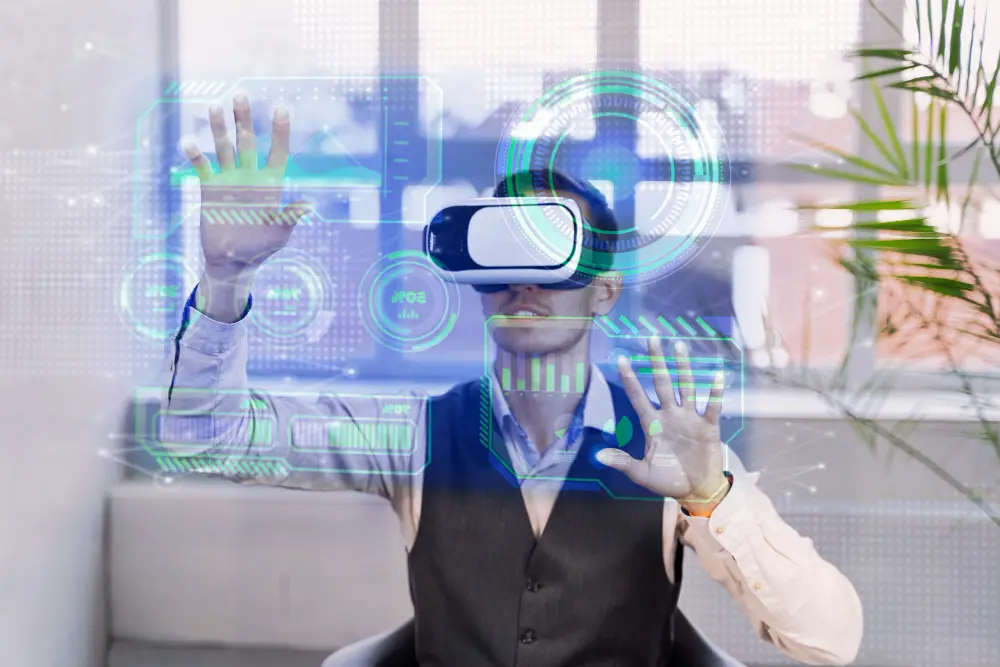
The Transformative Impact of AI in Our Lives
Artificial Intelligence (AI) has become an integral part of our daily lives, revolutionizing the way we work, communicate, and even think. Its rapid advancement has ushered in a new era of innovation and convenience,
impacting various sectors of society. In this article, we will explore the multifaceted influence of AI on our lives, examining its role in healthcare, education, business, and personal interactions.
AI in Healthcare
AI technology has significantly transformed the healthcare industry, enhancing diagnostics, treatment, and patient care. AI algorithms analyze vast amounts of medical data, aiding doctors in accurate diagnoses and personalized treatment plans. Predictive analytics and machine learning algorithms help identify potential outbreaks, enabling timely intervention. With AI-powered robotic surgeries, precision and efficiency have improved, leading to better patient outcomes [1].
AI in Education
In education, AI has revolutionized the learning experience. Adaptive learning platforms use AI to customize educational content, catering to individual student needs. Intelligent tutoring systems provide real-time feedback, enhancing student engagement and understanding. Moreover, AI-driven tools automate administrative tasks, allowing educators to focus on teaching. Virtual reality coupled with AI creates immersive learning environments, making education interactive and enjoyable [2].
AI in Business and Industry
AI has become a driving force behind increased efficiency and productivity in businesses. From chatbots handling customer inquiries to predictive analytics optimizing supply chains, AI applications are diverse. Machine learning algorithms analyze consumer behavior, aiding businesses in targeted marketing and product recommendations. AI-driven automation enhances operational workflows, reducing costs and minimizing errors [3].
AI in Personal Interactions
AI-powered virtual assistants, speech recognition, and language translation technologies have transformed personal interactions. Smart home devices controlled by AI respond to voice commands, making homes more efficient and convenient. AI-driven social media algorithms personalize content, ensuring users receive information tailored to their interests. Additionally, AI-based mental health apps provide support and therapy, making mental healthcare accessible to a broader audience [4].
Conclusion
The impact of AI on our lives is profound and far-reaching, touching every aspect of society. As technology continues to advance, it is crucial to harness the potential of AI responsibly, ensuring ethical considerations and privacy concerns are addressed. By embracing AI innovations, we can navigate the complexities of the modern world, fostering a future where AI augments human capabilities, making our lives more efficient, connected, and meaningful.
References
- Esteva, A., et al. (2019). A guide to deep learning in healthcare. Nature Medicine, 25(1), 24-29.
- Johnson, L., Adams Becker, S., Estrada, V., & Freeman, A. (2015). NMC/CoSN Horizon Report: 2015 K-12 Edition. New Media Consortium.
- Brynjolfsson, E., & McAfee, A. (2017). The Business of Artificial Intelligence. Harvard Business Review, 95(1), 116-127.
- Luger, E., & Sellen, A. (2016). Like having a really bad PA: the gulf between user expectation and experience of conversational agents. Proceedings of the 2016 CHI Conference on Human Factors in Computing Systems, 5286-5297.




